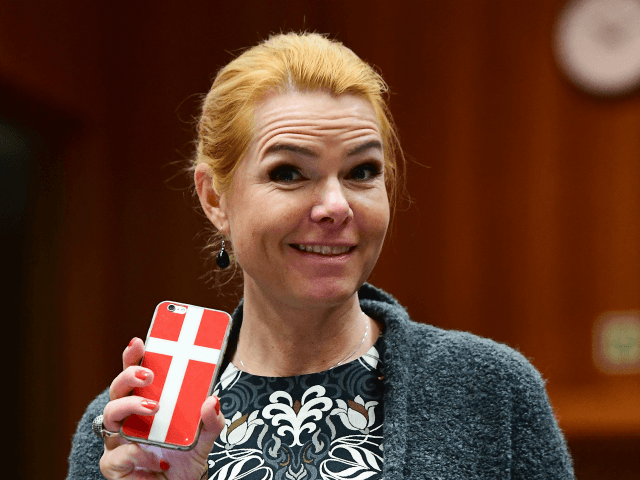Denmark’s migration minister Inger Støjberg has told the country’s Somali migrants to return home and work on improving their own country after the Danish government ruled parts of Somalia safe.
Since the Immigration Service began its review of refugee residency permits in early 2017, nearly 1,000 Somalis have had their Danish residency permit revoked, reports the Danish Broadcasting Corporation.
Of those, 516 had been directly granted asylum while another 412 were family members who joined them as through chain migration, also known as “family reunion” or “family reunification”.
“If you no longer need our protection and your life and health are no longer at risk in your home country, and specifically in Somalia, you must of course return home and rebuild the country from which you came from,” Ms Støjberg said.
The automatic right to asylum from countries like Somalia was revoked in Denmark’s 2015 amendment to its Immigration Act.
As a result, the Immigration Service announced in autumn 2016 that it would use the new legal basis to review about 1,200 residence permits given to Somalis because of changes to “general conditions” in parts of their country, whereby “there is no longer a basis for asylum, simply because they come from there”.
Unlike neighbouring Germany and Sweden, Denmark has taken a tough line on asylum and integration since the Syrian conflict sparked Europe’s migrant crisis in 2015.
In October, Ms Støjberg rejected EU efforts to impose migrant quotas, saying “too few contribute” to the workforce — Denmark being known as a country with a high cultural value work ethic.
She is hardly a rogue element in the Danish government, with her rejection of the migrant quota being echoed the following month by the country’s prime minister, Lars Løkke Rasmussen, who said that it was “wrong” to force European Union member states to take asylum seekers.
The country has also introduced a series of integration programmes to stop non-Western migrants ghettosing in the Scandinavian peninsula, including telling migrants in high-ethnic neighbourhoods that their children must attend daycare from the age of one to learn Danish values or the parents face losing social security benefits.
In further efforts to foster integration, the government also vowed to demolish 1,000 houses in the Vollsmose migrant ghetto and relocate residents, after Prime Minister Rasmussen promised a nationwide crackdown on “parallel societies and the counter-cultures within.”
Earlier in December, Denmark also solved the problem of what to do with foreign criminals and rejected undeportable asylum seekers, with Finance Minister Kristian Jensen saying they would be sent to live on a remote island off the mainland’s coast.

COMMENTS
Please let us know if you're having issues with commenting.